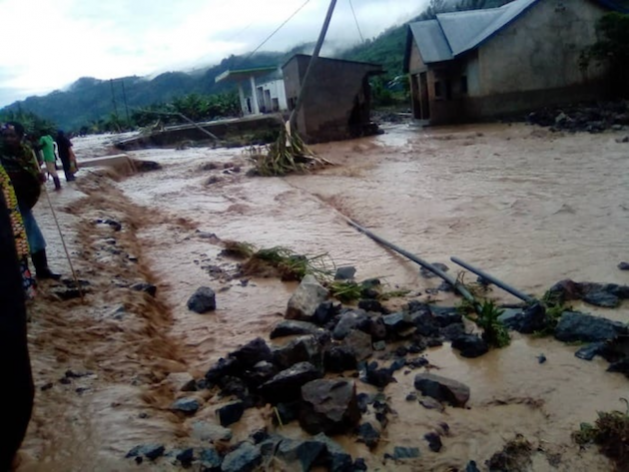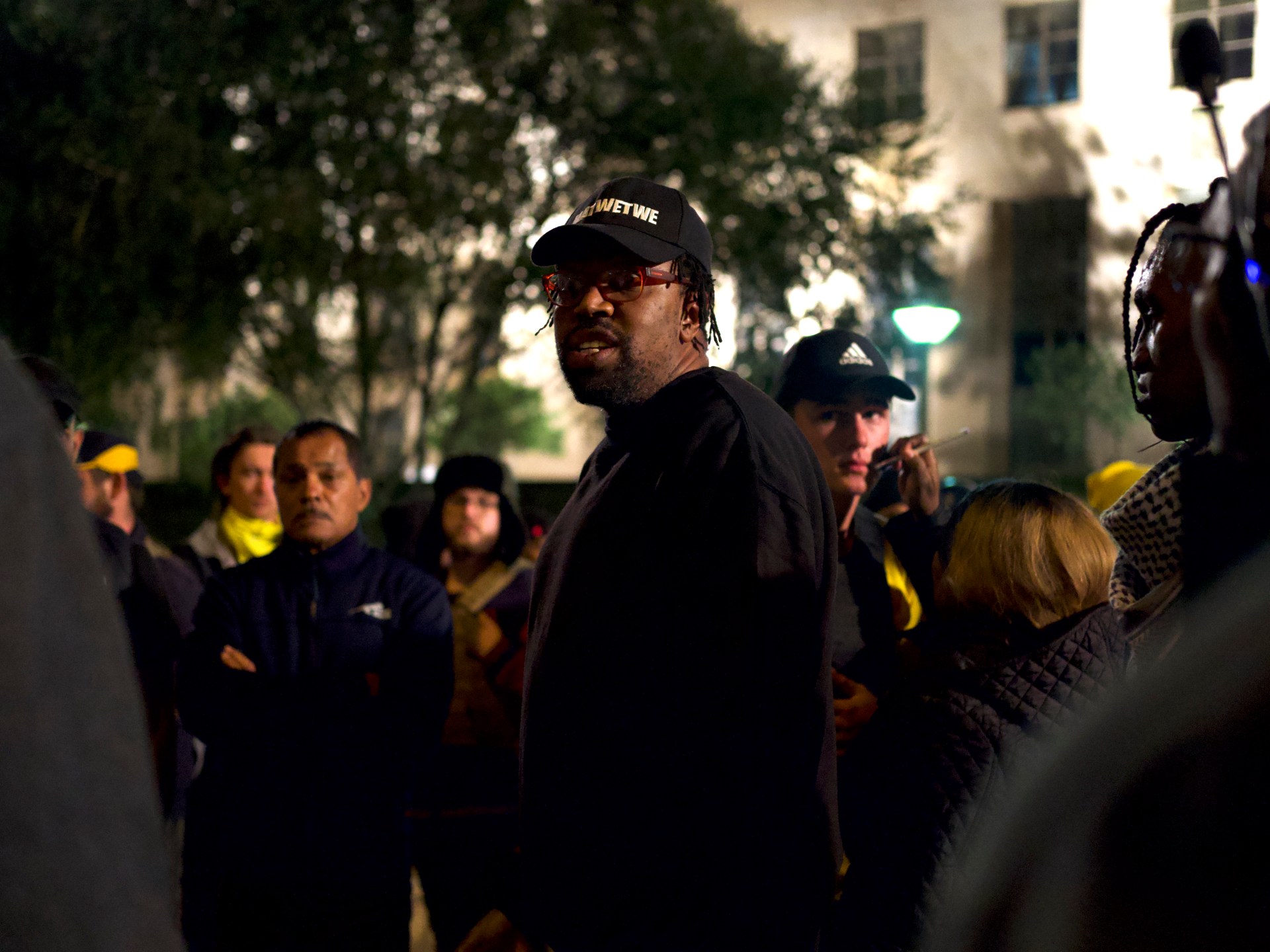The Fight for Equity in Education Continues in Africa — Global Issues
DENVER, Colorado, USA, Jun 14 (IPS) – June 16 marks the International Day of the African Child, a day commemorating student uprisings in Soweto Township, South Africa, in 1976. The day is meant to honor the brave students who stood against a system of violence and oppression, raising their voices for equality as human beings and for the right to learn in their native languages at school.
They were met with brutality – at least 176 students lost their lives and many thousands more were injured. The fight for equity in education on the African continent continues. Systems created by colonial powers persist, and students continue to struggle to gain access to education opportunities that meet their needs and reflect their identities.
According to UNICEF, Africa’s population of children under 18 is currently at an estimated 600 million and projected to expand by 40% by the year 2050. The need for new educational opportunities that honor the diverse needs of communities across the continent is critical.
In Uganda, a community is creating a model for African students to reach their full potential. The Tat Sat Community Academy in rural Kasasa, Uganda, opened in February 2023. The school and the institutions that support it were conceived, built, and are managed by the community itself.
In the case of The Tat Sat Community Academy, several unique characteristics set the school and project apart from others. To help pay the necessary school fees, families can process and sell their maize at the project’s local, community-owned, maize mill.
In its first harvest season, the maize mill processed 14,000 Kgs of grain from Kasasa and nearby communities, and invested in a 10-acre maize growing project within Kasasa for the next harvest season in July 2023.
Program leaders expect to process no less than 50,000 Kgs of grain within the next season. The maize mill will have purchased its own truck by the end of the year to collect maize grain from community growers, as well as deliver maize flour for sale at market in the region as well as in the capital where prices are more advantageous, providing access to better returns for farmers and their families.
Besides the school, the project has two other pillars to it: The Institute of Indigenous Cultures and Performing Arts, or ICPA, and a Savings and Credit Cooperative Organization, or SACCO.
The ICPA will allow students and community members to keep traditional knowledge alive through music, dance and other forms of knowledge to be shared by community elders and integrated into the standard school curriculum.
At the ICPA, community members, students, and community artists will also be able to exchange knowledge and share cultural experiences with visitors from across the region and world.
Program leaders also foresee the establishment of a guest house that will allow for immersive, long-term exchanges with students within and beyond Kyotera and Uganda, as well as artists from across the world who want to engage through experiences of dance, music and other art forms and community cultures. The center will also provide income for the school and wider project through rentals, performance, and programming.
The SACCO, meanwhile, provides economic education for students and their families and allows families to use business practices to enhance their earnings and help pay the necessary school fees, which were set by the community so that everyone may attend the school who wants to.
The community partnered with The InteRoots Initiative to develop the project. InteRoots is a Denver, Colorado-based nonprofit working both domestically and internationally on projects that are sustainable to local communities.
InteRoots employs a “roots-up” model that puts project goals, methodologies, management, and assessment exclusively in the hands of community members.
As one of the co-founders of The InteRoots Initiative, I am proud to see the work and capabilities being achieved in Kasasa.
The community is coming together to educate children, and has created a model of community engagement and support which will allow for self-sustainability once initial start-up costs are met.
The ICPA, meanwhile, will allow the children to honor and learn from the languages, art and culture core to their identities. The ICPA will be a place for elders and youth to come together and exchange knowledge among themselves and others to honor the rich culture that has passed down through generations, and in appropriate circumstances, share this with others wanting to gain a better understanding of the cultural context of East Africa.
We must continue to nurture the extraordinary talent, ingenuity and excitement that is felt in communities like Kasasa. Though the school opened only a few months ago, students, families and community members are excited about the prospects of the project, and the investments they can make in their community. It brings me great joy to see the excitement building around Kasasa’s “communitarian” model.
As International Day of the African Child nears, we want to remind people around the world that change is happening, through community-driven approaches like what is taking place in Kasasa. Bringing community-minded interactions and ideas to the forefront improves the likelihood of success, leaving a lasting impact for communities that are making sustainable, life-changing investments in their livelihoods.
Children are at the heart of this movement, because they are the next generation who will set the stage for so many issue-driven approaches to come: from climate change solutions to financing to sustainable farming practices, the children in communities like Kasasa will be at the forefront of those adaptations.
It is our job, as partners and world citizens, to prepare them for what lies ahead and equip them with the tools and skills that will lead them into the future. Communities know best what they need to make lasting change, we just need to come to their table.
We ask that you come along and join us as we work toward this mission.
M. Scott Frank is the co-founder and executive director of The InteRoots Initiative, a Colorado, U.S.-based nonprofit working with communities on sustainable projects created by local communities. To learn more, visit interoots.org.
IPS UN Bureau
Follow @IPSNewsUNBureau
Follow IPS News UN Bureau on Instagram
© Inter Press Service (2023) — All Rights ReservedOriginal source: Inter Press Service
Check out our Latest News and Follow us at Facebook
Original Source






